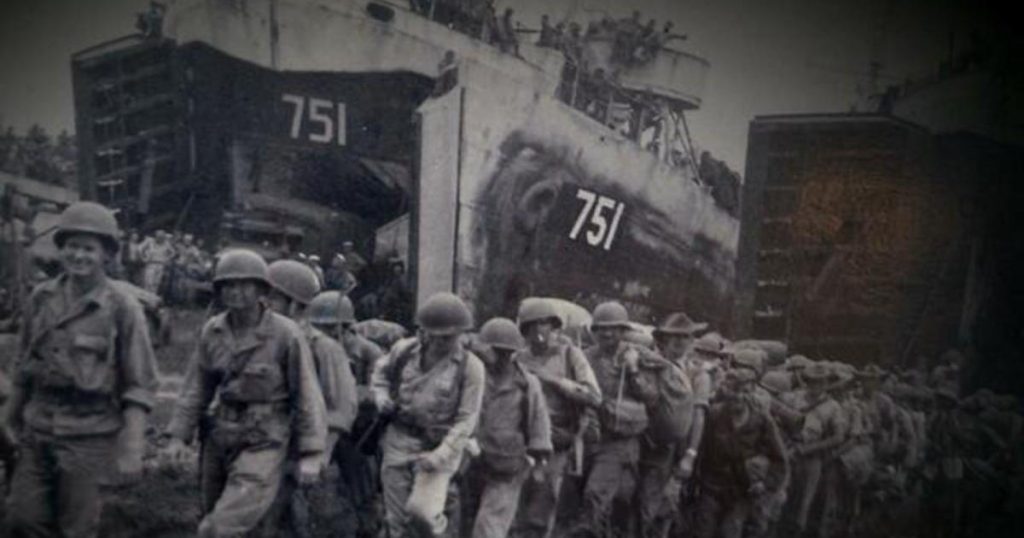As the 80th anniversary of D-Day approaches, historians and museums are working to preserve the stories of the veterans who served during World War II. With less than 100,000 of the millions of Americans who served during the war still alive, there is a sense of urgency to collect their stories before they are lost forever. Major events like D-Day, which took place on June 6, 1944, are of particular interest to historians as they seek to document the experiences of those who were there.
One of the challenges that historians face is the fading memories of the veterans themselves. As time passes, it becomes increasingly difficult to accurately capture the details of their experiences during the war. In an effort to combat this, museums and organizations are conducting oral history interviews with veterans in order to document their stories and ensure that future generations will be able to learn from their experiences. These interviews provide a valuable firsthand account of what it was like to serve during World War II.
In addition to oral history interviews, museums are also collecting artifacts and documents related to World War II in order to preserve the history of the war for future generations. These artifacts provide a tangible connection to the past and help to bring the stories of the veterans to life. By collecting and preserving these items, historians are able to create exhibits and educational programs that allow people to learn about the war in a more interactive and engaging way.
The stories of the veterans who served during World War II are not just important for preserving history, but also for honoring the sacrifices and bravery of those who fought in the war. By sharing their stories, historians are able to ensure that the contributions of these individuals are not forgotten and that their legacy lives on for future generations. This work is especially important for major events like D-Day, which had a profound impact on the course of the war and the lives of those who participated in it.
As the number of World War II veterans continues to decline, historians are racing against time to collect their stories and ensure that their experiences are preserved for future generations. By documenting the history of the war through oral history interviews, artifacts, and exhibits, historians are able to create a living record of the events that shaped the world we live in today. Through their efforts, the stories of the veterans who fought in World War II will continue to inspire and educate people for years to come.


